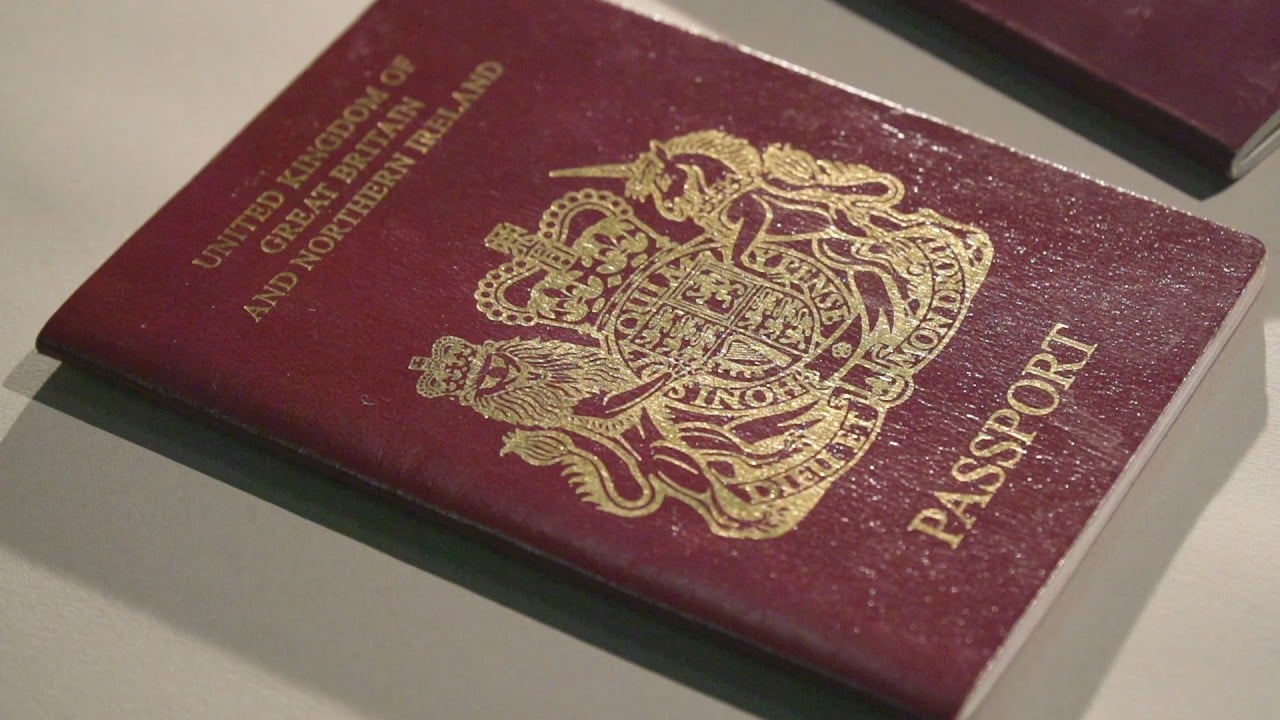
Hong Kong national security law: how will it affect businesses? Uncertainty over overseas funds, foreign offices
- Commerce chambers warn companies to tread carefully, with lawmaker advising operators to adopt wait-and-see approach
- Concerns centre on operations such as dealings with foreign branches or entities, with penalties ranging from fines to confiscation of funds
Business chambers in Hong Kong have warned more than a million companies of the dangers of breaching the national security law, with penalties ranging from fines to having funds confiscated.
The law, aimed at banning secession, subversion, terrorist activities and collusion with foreign forces to endanger national security, took effect on Tuesday and applies to 1.38 million registered companies in the city. The legislation’s reach extends beyond Hong Kong.
“Companies must pay extra attention to the new rules of the game and tread carefully,” Joe Chau Kwok-ming, president of the Hong Kong General Chamber of Small and Medium Business said on Thursday. “They may step on land mines without realising it.”
He added that the chamber supported the law, and that he believed it would help curb social unrest.
Whether [companies dealing with foreign entities] will fall into legal traps, we cannot be sure for now. And should I take any interviews with the foreign press?
Promulgated an hour to midnight on June 30, the new legislation stipulates that a company or organisation in violation will be liable to a criminal fine, having its operations suspended or business permit revoked.
Proceeds linked to the offence, such as financial aid, gains, rewards, funds or tools may be confiscated.
The terms are among 66 articles wrapped into six chapters of the sweeping legislation.
Lawyer Janet Pang Ho-yan said there should be more clarity on “foreign factors” mentioned, as many companies had dealings with entities abroad.

“Whether they will fall into legal traps, we cannot be sure for now,” she said. “And should I take any interviews with the foreign press?”
A corporate lawyer, who spoke on condition of anonymity, cited Article 32 of the law and said companies were exposed to risks when making donations or providing financial support for other organisations.
“This is especially sensitive politically and comes under close scrutiny by authorities when funds flow overseas,” he said. “And whether a corporate donor will get into trouble depends on how the law is enforced.”
Some businesses have taken pre-emptive action to avoid falling foul of the legislation. For example, hours before the new law came into force, children’s clothing retailer Herbert Chow Siu-lung removed from his Chickeeduck store a statue glorifying protesters of the months-long anti-government movement.

01:38
UK offers Hongkongers with BN(O) passports path to citizenship after new national security law
The sculpture depicted a female protester in a gas mask holding a black flag bearing the slogan “Liberate Hong Kong; revolution of our times”. The city was rocked last June by opposition to the now-withdrawn extradition bill, with protests morphing into a wider anti-government movement.
Chow shut down the branch in Tsuen Wan’s D-Park shopping centre, after mall management refused to renew his contract.
Cathay Pacific Airways, the city’s flag carrier, said it would fully comply with all the rules and regulations across jurisdictions in which it operated.
The American Chamber of Commerce (AmCham) said it would seek clarity from the Hong Kong government on how the law would be interpreted and implemented, as well as its implications on American businesses operating and investing in the city.

“It will take time for the business community to digest details of the law, but we hope it will not impact the dynamism and benefits of this great city, which continues to serve as an important gateway between the East and West,” AmCham said in a statement.
The chamber, which is the most influential foreign business group in the city with about 1,400 members, said it remained committed to Hong Kong as a home base for international business.
Hong Kong national security law: What is it about? Read the full text
Michael Tien Puk-sun, a pro-Beijing lawmaker and owner of fashion chain G2000, urged the Hong Kong government to explain what was permitted under the new law.
“The unanswered questions are leaving the public in anxiety,” he said. “My advice is, when a company is in doubt, don’t do anything until the mainland agency is set up.”

The new law mandates the establishment of a national security office in Hong Kong, while the local government will set up a national security committee. The committee will be chaired by Chief Executive Carrie Lam Cheng Yuet-ngor, with an adviser from the office appointed to her.
Hong Kong police and the justice department will also have dedicated units to handle national security cases.
Hong Kong national security law official English version:
The Hong Kong committee will be responsible for analysing and assessing developments and coordinating major work, as well as significant operations related to safeguarding national security.
The mainland office in Hong Kong will be responsible for overseeing, guiding and coordinating actions with the local government, as well as collecting and analysing intelligence and relevant information.
It has to abide by the city’s laws and allow enforcement action by police’s dedicated unit. But for complex or serious cases that the administration cannot handle or when there is imminent threat to national security, the mainland office in Hong Kong can exercise its powers and is not bound by the city’s jurisdiction when agents are performing their duties.
According to the city’s registry, there were 1.38 million companies at the end of last year, down 1.5 per cent from a year ago. There are about 1,500 overseas companies with Hong Kong as their regional headquarters and with about 2,500 regional offices.

